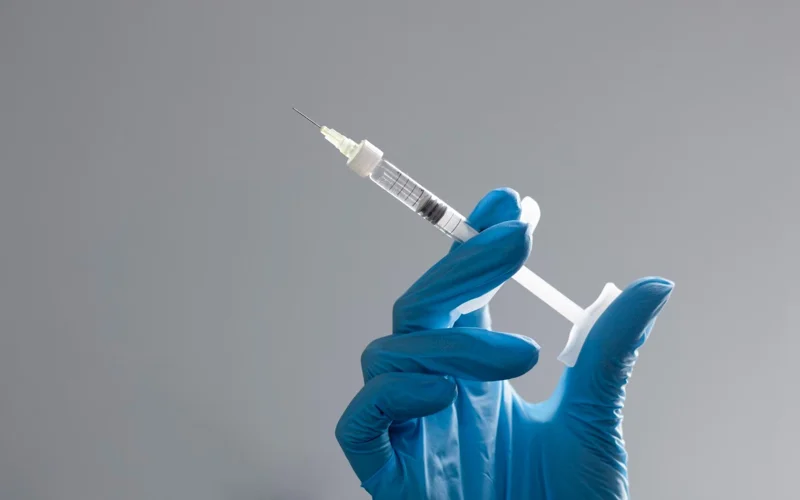FDA approves lenacapavir, a breakthrough HIV prevention drug
A significant milestone has been reached in the global fight against HIV as the U.S. Food and Drug Administration (FDA) on Wednesday approved the use of lenacapavir for HIV prevention. The drug, which requires only two injections per year, demonstrated near-complete protection against HIV infection in clinical trials, reports a Kazinform News Agency correspondent.

“It’s a milestone moment in the history of HIV,” stated Daniel O’Day, Chairman and CEO of Gilead Sciences, the company behind the drug, which had previously been approved for treatment of HIV. “In our opinion, it’s the best tool yet in helping end the HIV epidemic for everyone, everywhere.” Lenacapavir was named Breakthrough of the Year in 2024 by Science magazine.
Lenacapavir presents an alternative to the current standard of pre-exposure prophylaxis (PrEP) the daily oral pill Truvada, which is 99% effective in clinical trials but suffers from low adherence among certain groups.
According to Yale University infectious disease expert Onyema Ogbuagu, “Even though the pills work, the Achilles heel of that strategy is that people were not adhering to taking the pills as prescribed.”
By reducing the frequency of doses to just twice per year, experts believes lenacapavir could reach a much broader demographic, particularly individuals who face stigma or social barriers related to daily medication. In regions such as South Africa, researchers found some women avoid daily PrEP due to fear of mistrust from their partners.
However, the high cost of lenacapavir - currently listed at approximately $28,000 per year - may significantly restrict its availability in low- and middle-income countries. Gilead has acknowledged this concern and announced steps to expand access. Last year, the company signed royalty-free licensing agreements with six generic manufacturers to produce low-cost versions for 120 low-income nations. In the interim, Gilead says it will provide lenacapavir at cost, without profit, to up to 2 million people in those countries.
Clinical trials, known as PURPOSE 1 and PURPOSE 2, have underlined lenacapavir’s high efficacy. PURPOSE 1 involved over 5,000 cisgender women in South Africa and Uganda. None of the participants who received lenacapavir contracted HIV. PURPOSE 2, which included over 3,200 cisgender men, transgender individuals, and non-binary persons, recorded only two HIV infections among participants who received the drug - and efficacy rate of 96%.
“The efficacy for lenacapavir is just ridiculously high,” said Ogbuagu. “These are just like, unheard of numbers.”
Despite FDA approval, global access remains uncertain.
“But approval from a regulatory authority of a country doesn’t imply that we see access to this product yet,” said Carmen Pérez Casas, Senior Strategy Lead at Unitaid. While European Medicines Agency (EMA) approval could pave the way for registration in developing countries, she emphasized that affordability will remain a key challenge. “Anything that diverges drastically from that level of price will really impose a big stress on budget lines on HIV.”
Experts like Andrew Hill from the University of Liverpool argue lenacapavir could be manufactured for just $25 per year for both doses - a fraction of its current list price. “That includes a 30% profit margin,” Hill said.
Meanwhile, some middle-income countries with high HIV burdens - including Brazil, Colombia, and Mexico - are excluded from the licensing deals and may face higher prices, though Gilead claims it is negotiating directly with those governments.
Hill warned that unless access expands dramatically, the impact may be minimal. “If there are 1.3 million new HIV infections every year, and you need to treat between 40-50 people with a preventative drug to prevent one infection, then 2 million is not going to do anything,” he said.
Although FDA approval represents a turning point, recent reductions in U.S. foreign aid for HIV programs, initiated under the Trump administration, may hinder broader distribution.
“It’s a very difficult situation,” said Hill. “Because of the cuts in funding, we’re going to see millions of people die from HIV in the next several years.”
Earlier, it was reported that an American scientist achieved a significant breakthrough in understanding how axolotls - Mexican salamanders known for their remarkable regenerative abilities - are able to regrow limbs and organs.
